
Fiona Gregory, now an editor at the Web Fiction Guide, started reading online fiction in 2001 when a search for free science fiction stories revealed the medium of online novels to her. “I love the opportunity to interact with the author and other readers. To me, this adds so much to the reading experience,” Fiona Gregory said.
Although printed books remain her favorite format, online fiction also fits into her cravings for something to read. She said, “I like the web serial format. With a printed book, I can rarely stop myself from racing through it. With serials, I’m forced to take it in a little every day. If I feel I don’t have time to read for pleasure, it still never takes much time just to read a little web serial update, so I can always get a fiction fix, in bite sized portions.”
Fiona Gregory’s reading appetite has allowed her to contribute to the rating and reviewing efforts at the Web Fiction Guide. This site was established in the summer of 2008 by Toronto resident and software developer Chris Poirier. He is the author of the online serialized novel Winter Rain, and he decided to found the Web Fiction Guide as a way to promote his fiction. The online fiction reading audience is attracted to the organized listings, ratings, and reviews at his website. This portal for web fiction has grown to contain over 500 listings as of June 2010.
Also started in 2008 was Digital Novelists. This publishing platform run with the Drupal content management system was specially designed for the needs of online novelists. MeiLin Miranda, author of An Intimate History of the Greater Kingdom and Scryer’s Gulch, started the Digital Novelists service after receiving many inquiries from other authors about how she was publishing her stories. Her fee-based service provides multiple publishing tools useful to web fiction writers. They can publish one or more web novels along with art, blogs, and forums where readers can discuss specific stories. Additionally the members benefit from ad campaigns run by Digital Novelists. The number of authors using this site varies. As of June 2010, MeiLin Miranda said that 18 writers were participating.
No matter where an author chooses to publish, web fiction or weblit as it is also called takes the form of its own dedicated website or is posted chapter-by-chapter on a blog publishing platform. Barriers to entry are low. A writer needs a computer, internet access, and some web hosting unless using a free blog service. Some writers use the web or blog novel format to experiment with ideas and get feedback from readers who leave comments. Other writers carefully craft their final versions and publish them on their websites. All hope to cultivate a following of loyal readers.
When considering the appeal of web fiction for readers, MeiLin Miranda said, “My readership seems to like the immediacy of it. You can have much more direct conversations with the writers, up to and including influencing the stories. Many of us take story suggestions from readers, either for the main story or for bonus stories.”
An amusing anecdote from MeiLin Miranda’s own experience illustrates how deeply engaging some readers find web fiction. MeiLin Miranda said, “One of my readers asked me about what kind of cheeses were made in my fantasy world! Strangely I had an answer.”
Before such detailed interaction can begin between a reader and author, a reader needs the chance to get into a good story. This is greatly aided by the fact that web fiction is usually free. The authors do not have to convince someone to purchase a book or download an ebook. The story is just there to read, freely unfolding online. Although readers can enjoy free entertainment, many web fiction authors seek to earn money from their creative efforts. Fiona Gregory remarked on the variety of approaches writers are taking online to earn money. “Some explicitly request readers to donate to fund the writing effort, some use their free web offerings to help promote their printed books, some just a have a tips jar, some don’t even have a donation button and seem to just be happy to have readers.”
Regardless of financial rewards, authors are always pleased to reach an audience. Clare K.R. Miller author of Chatoyant College, enthusiastically declares that writing her web fiction has been fun. She chose writing web fiction as a creative outlet after seeing what other authors were doing. As a reader of online fiction herself, Clare K.R. Miller summed up the appealing strengths of the medium. “I like it because it’s free, it’s convenient, and I don’t need my hands to hold my computer, so I can read and knit at the same time.”
Author’s note: My exploration of web fiction began as I experimented with the medium. I have recently completed the fantasy web novel version of Union of Renegades: The Rys Chronicles Book I. My hope is to further promote the whole 4-part series that has been selling as books and ebooks for four years. Interested fantasy fans can find 40 chapters of good reading in this completed fantasy web novel.
Get an Editorial Review | Get Amazon Sales & Reviews | Get Edited | Get Beta Readers | Enter the SPR Book Awards | Other Marketing Services












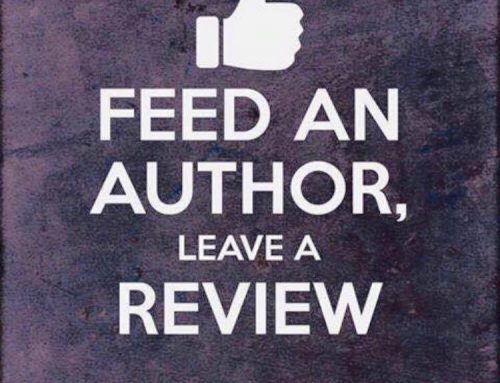
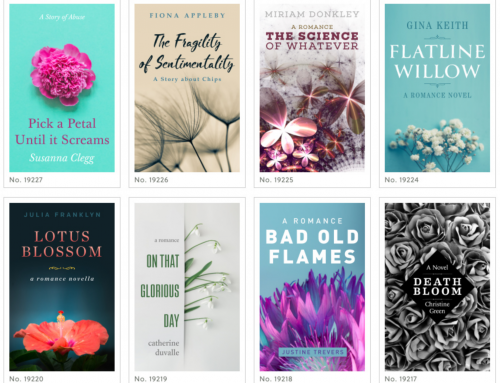

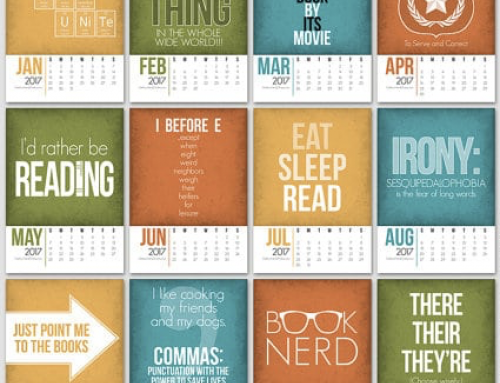

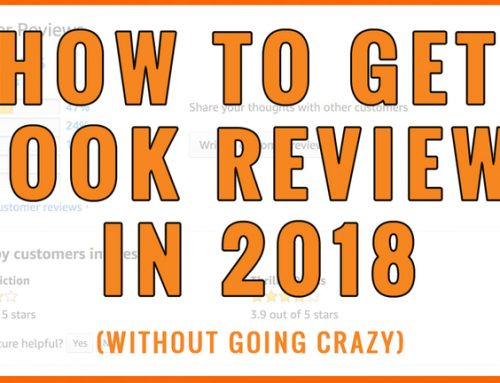


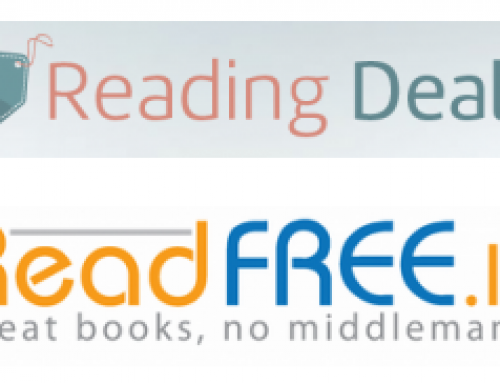
Leave A Comment